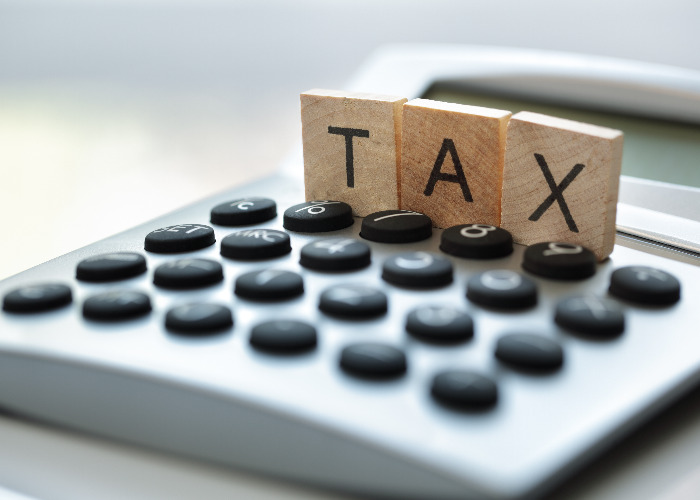Council Tax, CGT, Income Tax: 4 big tax changes coming in April 2023

The new tax year brings with it a host of important changes to the tax regime.
April is a big month when it comes to our finances, since it marks the start of a new tax year.
That’s important for a host of reasons, and not just for the self-employed who will need to start thinking about their tax return.
When the Government wants to amend tax in some way, it generally does so with the start of the new tax year, so in just a couple of weeks we will see some impactful changes to the taxes we pay every month.
Here are some of the big tax changes that may affect you from April.
1. Council Tax hiked 4.99%
One of the more painful changes for many of us will be increases to Council Tax.
Research from the County Councils Network found that three quarters of councils are looking to hike Council Tax bills by 4.99% from April, the maximum hike permitted.
That is going to translate into an extra £99 a year on average, but obviously, there are some big regional differences to be aware of there.
For example, in rural areas, people will face typical bills above £2,000.
2. Capital Gains Tax allowance halved
Capital Gains Tax (CGT) is charged on the profits you make from selling off assets, such as investment properties, shares and the like.
We all enjoy an annual CGT allowance, which means that we can pocket a certain level of profit from those investments before having to pay any tax on those profits.
However, from April 2023 the annual allowance is being cut rather dramatically.
The CGT allowance for 2022/23 stands at £12,300, but it is being more than halved to £6,000 from April 2023.
This isn’t a temporary trim either, as it will be halved once more from April 2024 to just £3,000.
While the allowance is being cut, the rates you will pay on capital gains isn’t changing.
That means basic rate taxpayers will pay 10%, while higher rate taxpayers pay 20%.
These rates move to 18% and 28% respectively for sales of properties rather than other assets.
3. Dividend Tax allowance halved
Another tax which is seeing its annual allowance reduced is dividend tax.
As the name suggests, this is the levy you pay on dividends you receive ‒ some business owners choose to pay themselves through dividends rather than a regular salary.
The allowance for the current tax year is £2,000, but is dropping to £1,000 for the new tax year from April.
As with CGT, the allowance is being cut once again from April 2024 to a paltry £500.
And as with CGT, the interest rates on dividend tax aren’t moving from April.
The rate you pay depends on your Income Tax band ‒ basic rate taxpayers pay 8.75%, higher rate taxpayers pay 33.75%, while additional rate taxpayers will have to fork out 39.35%.
4. Top Income Tax threshold slashed
The big change taking place with Income Tax from April regards those paying the Additional Rate of 45%.
At the moment it's levied on earnings above £150,000, but within just a few weeks that will drop to £125,140.
The thresholds for the Basic Rate and Higher Rate of Income Tax are unchanged. In fact, the Government has announced they will be frozen until April 2028.
As a result, you will pay the basic rate (20%) on earnings from £12,570 to £50,741, and the higher rate (40%) on earnings from £50,741 to £125,140.
The Personal Allowance ‒ the amount you can earn before paying Income Tax on your earnings ‒ is also unmoved at £12,570.
Comments
Be the first to comment
Do you want to comment on this article? You need to be signed in for this feature